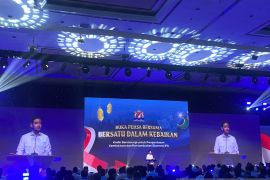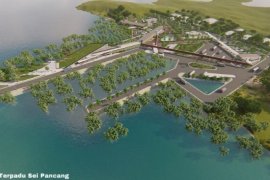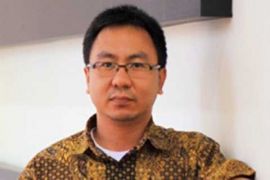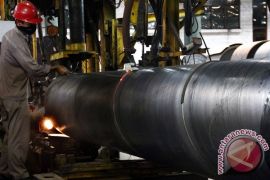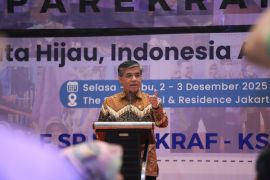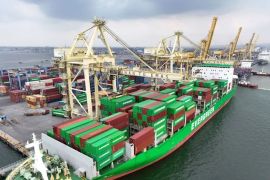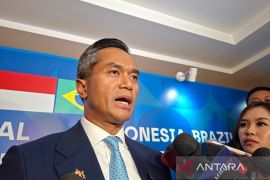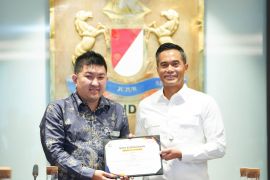Kadin’s Head of the Energy Transition Working Group and Chair of the Permanent Committee for New, Renewable Energy and Energy Conservation, Anthony Utomo, revealed that Indonesia has only utilized around 14 percent of its renewable energy potential.
However, a lot of new and renewable energy potential, especially electricity generation, had yet to be utilized, he noted in a statement on Thursday (Dec 12).
Of Indonesia's 3,686 gigawatts of renewable energy resources, the country has only utilized 13.7 gigawatts.
According to Utomo, MSMEs are poised to play a pivotal role in driving the future energy transition.
Currently, around 65 million MSMEs in Indonesia contribute up to Rp9,580 trillion, or equivalent to 91 percent of the gross domestic product (GDP), and absorb 97 percent of the total workforce.
"MSMEs have an important role in accelerating the energy transition because they not only support the development of clean energy but also contribute to economic growth and job creation," he noted.
However, a gap still exists in the energy transition process among MSMEs. So far, many small businesses do not understand business practices based on the principle of sustainability, he pointed out.
Data from the Indonesia Energy Transition Outlook 2024 recorded that greenhouse gas emissions resulting from MSME activities in 2023 reached 216 million tons of CO2.
Based on the data, limited access to funding and education is one of the main challenges hindering MSMEs in transitioning to clean energy.
"Kadin will continue to encourage MSMEs to carry out clean energy transformation through energy efficiency campaigns, the application of appropriate technology, policy and regulatory support, as well as education and training," Utomo noted.
Related news: Green hydrogen as instrument for clean energy transition
Meanwhile, Kadin’s Deputy Chairman of the Energy and Mineral Resources Division, Aryo P.S. Djojohadikusumo, emphasized the long-term vision to create sustainable and inclusive national energy security, including its use in the MSME sector.
"This sector is one of the important drivers of the national economy," he remarked.
Hence, he underscored the need for a bureaucratic and regulatory transformation process to support the investment climate and development of clean energy—especially clean energy-based power plants.
"The increasing supply and certainty of renewable energy generators are critical to encouraging the achievement of the eight percent economic growth target,” Djojohadikusumo stated.
The Kadin deputy chairman stated that specifically for MSMEs, fiscal policy support and incentives for those using clean energy are also important as a stimulus to accelerate the transition process.
According to Djojohadikusumo, MSMEs, along with the industrial sector that uses clean energy, will be important pillars for developing a low-carbon green economy in Indonesia.
Kadin’s Chairperson of the Standing Committee for Strategic Plans and Institutions for the Energy and Mineral Resources Division, M. Maulana, stated that innovation and policy support from the government are key to ensuring the use of clean energy meets the economic scale critically needed by the MSME sector.
"MSMEs are one of the sectors that are sensitive to price, so the existence of affordable clean energy will be very important," he stated.
Hence, he emphasized the importance of building sustainable cooperation between the government and the private sector to explore the potential of clean energy that can be developed.
Innovative technology must be combined with investment, bureaucratic and regulatory transformation, as well as support for both fiscal and non-fiscal incentives, he added.
"Incentives should be given to those who develop and users. That way, there will be an acceleration in the use of clean energy from upstream to downstream, from producers to consumers," Maulana concluded.
Related news: Govt seeks community's support for energy transition program
Translator: Muhammad Harianto, Yashinta Difa
Editor: Yuni Arisandy Sinaga
Copyright © ANTARA 2024

